The Dominican Republic occupies part of the island of Haiti, a paradise corner of the planet. The main value of the state is undoubtedly its unique nature. What to bring from the Dominican Republic as a gift to please family, friends, and colleagues with souvenirs? First of all, pay attention to local food products and drinks. These are made exclusively from environmentally friendly raw materials. Additionally, the Dominican Republic is famous for unique items crafted by local artisans who create true masterpieces from natural materials.
Chocolate
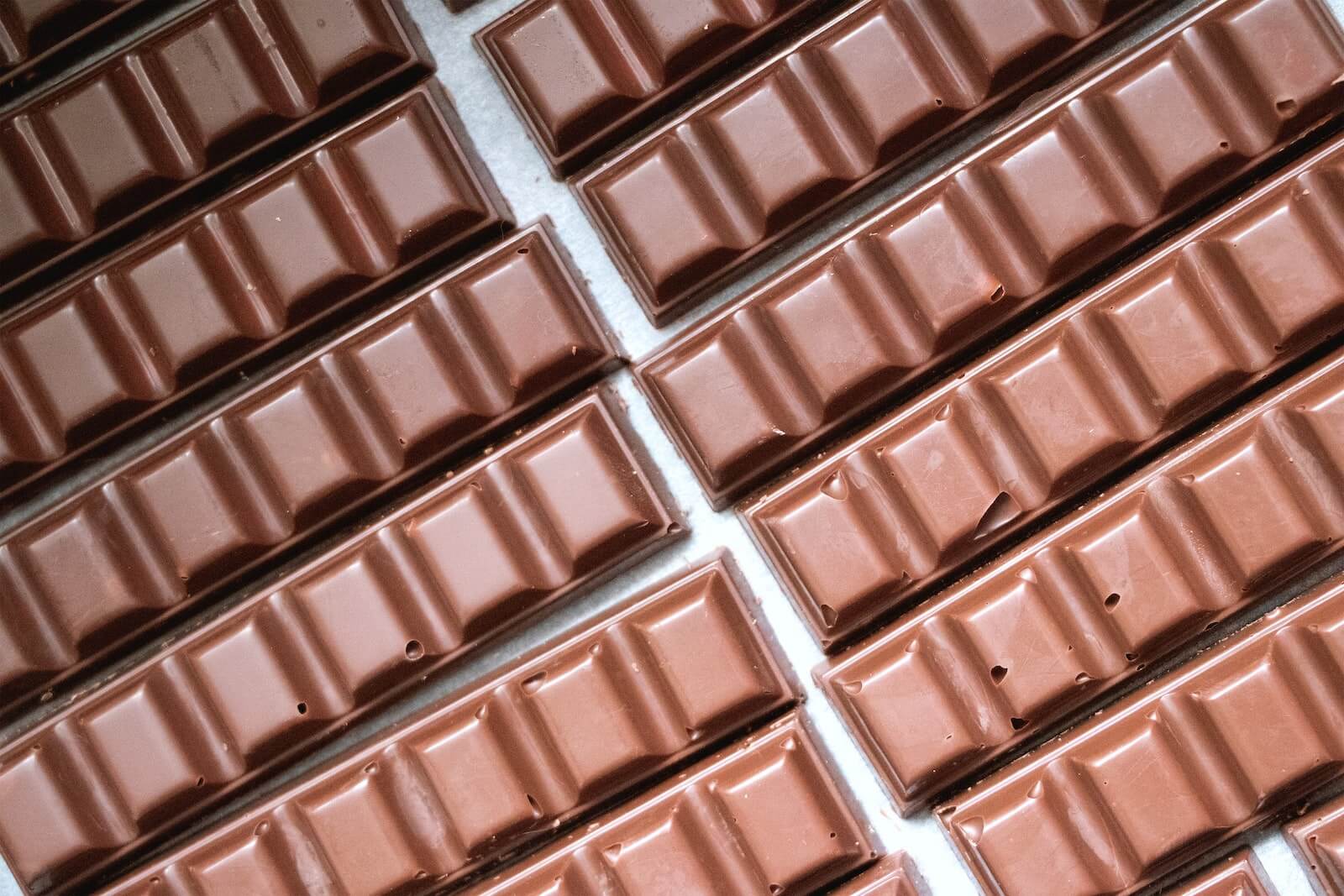
Gourmets specifically come to taste local delicacies and cocoa. There are no substitutes or flavor enhancers in the chocolate and drinks. Believe me, this is rare today for Europe and America, where confectionery products are produced on an industrial scale and often receive consumer complaints. Dominican chocolate has a pronounced cocoa bean flavor.
Its milk variety is made only at home, and the market in the Dominican Republic is dominated by dark chocolate. What does a real Dominican delicacy look like? Cocoa butter mixed with ground and pressed cocoa beans. It’s quite unusual.
In its pure form, only locals manage to consume the product. Gourmets use it to make desserts and hot chocolate. The treat is sold in large portions (in balls or bars), and even one portion is enough for several preparations of various delicacies.
Coffee
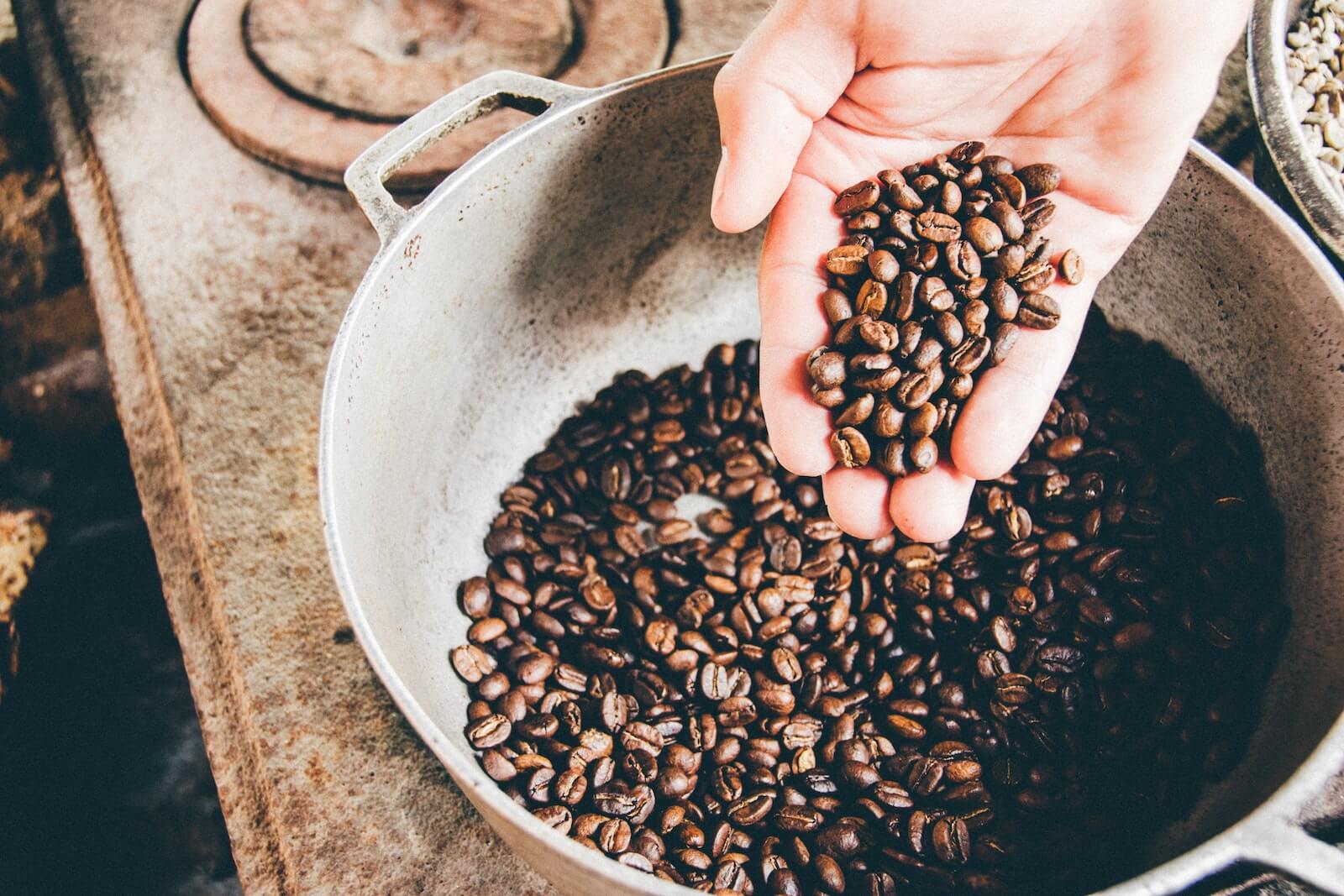
Dominican coffee is as popular as rum and wins the hearts of coffee lovers worldwide. There are numerous factories and workshops in the country, but the best brand according to locals and tourists is Santo Domingo. Coffee under this trademark has a deep flavor. And what is especially pleasant is that even budget products are of excellent quality.
Many gourmets prefer to buy coffee by weight or go shopping in supermarkets, shops, and mini-factories. Novice travelers are usually shocked by the vast selection and price range for their favorite product. How do you choose it as souvenirs?
If you prefer premium types of coffee, you can buy them literally anywhere in the country. With a modest budget for gifts, feel free to head to Dominican supermarkets. The quality of any products there is excellent, and prices are 1.5-2 times lower than in markets and small shops.
Cocoa

This treat can safely be called one of the calling cards of the Dominican Republic. Cocoa, like chocolate, is packaged either in bars or balls. There is also a product often sold that is hard to classify solely as chocolate or cocoa. We are talking about various mixes of cocoa butter and ground cocoa beans.
It’s important to know that powdered cocoa is more expensive than ball-shaped cocoa, yet the latter (though it sounds paradoxical) has better taste qualities. Ball-shaped cocoa, as connoisseurs assert, has a richer aroma and deep aftertaste. Usually, 10 balls are packaged in one pack.
In supermarkets, this souvenir is almost twice as cheap as in other retail locations. Another important nuance: 100% natural cocoa is a high-calorie product. If the gift is intended for someone watching their weight, choose instant cocoa powder. Its cost is notably higher, as Dominicans consider the product exotic. However, instant cocoa powder can even be used as a weight loss aid.
Fruits
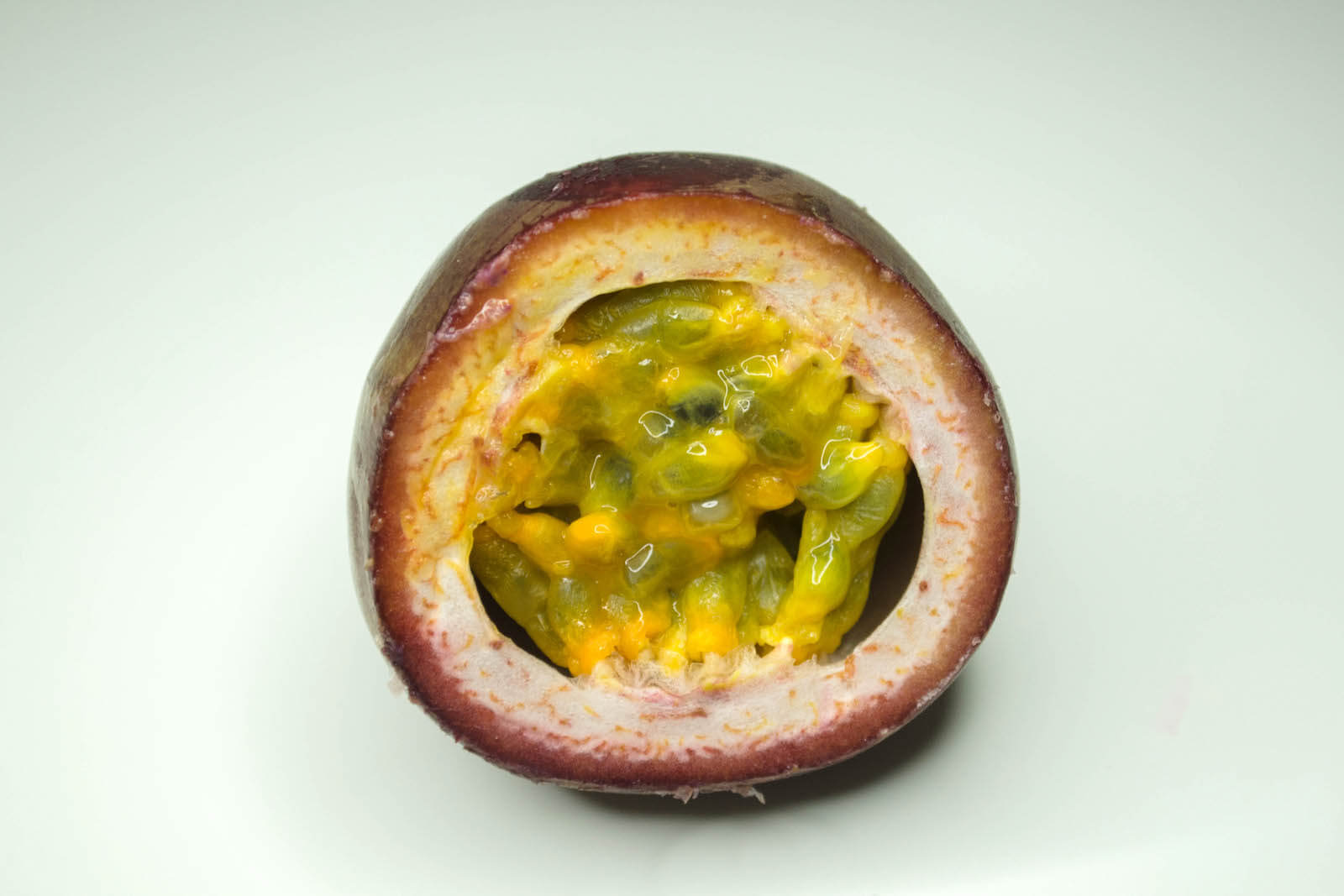
They are another reason why healthy lifestyle enthusiasts choose this paradise corner of the planet for vacation. All fruits and vegetables are products of organic farming. Locals harvest the bounty of nature several times a year, which is why they are surprised by the tourists’ delight at the abundance of watermelons, melons, mangoes, pineapples, bananas, plantains, coconuts, and other exotics.
Note: the weight of products is usually measured in pounds, not kilograms. The country grows rare varieties of apples, oranges, passion fruits, lemons, and grapes. Transporting tasty souvenirs, in general, will not be difficult. How to do it? Purchase a plastic basket for transportation, which you can check as luggage. Experienced travelers recommend paying special attention to dragon fruit, whose cost is just symbolic, and sapote.
The latter looks like familiar kiwi on the outside and tastes like persimmon. The Dominican Republic is also famous for nispero (large apricots), juicy sour carambolas, cherimoya, whose flesh resembles vanilla cream, and morinda. Note: morinda is not eaten fresh due to its extremely bitter taste, but it treats (if the juice of the fruit is consumed in tiny portions) 1001 ailments.
Tea
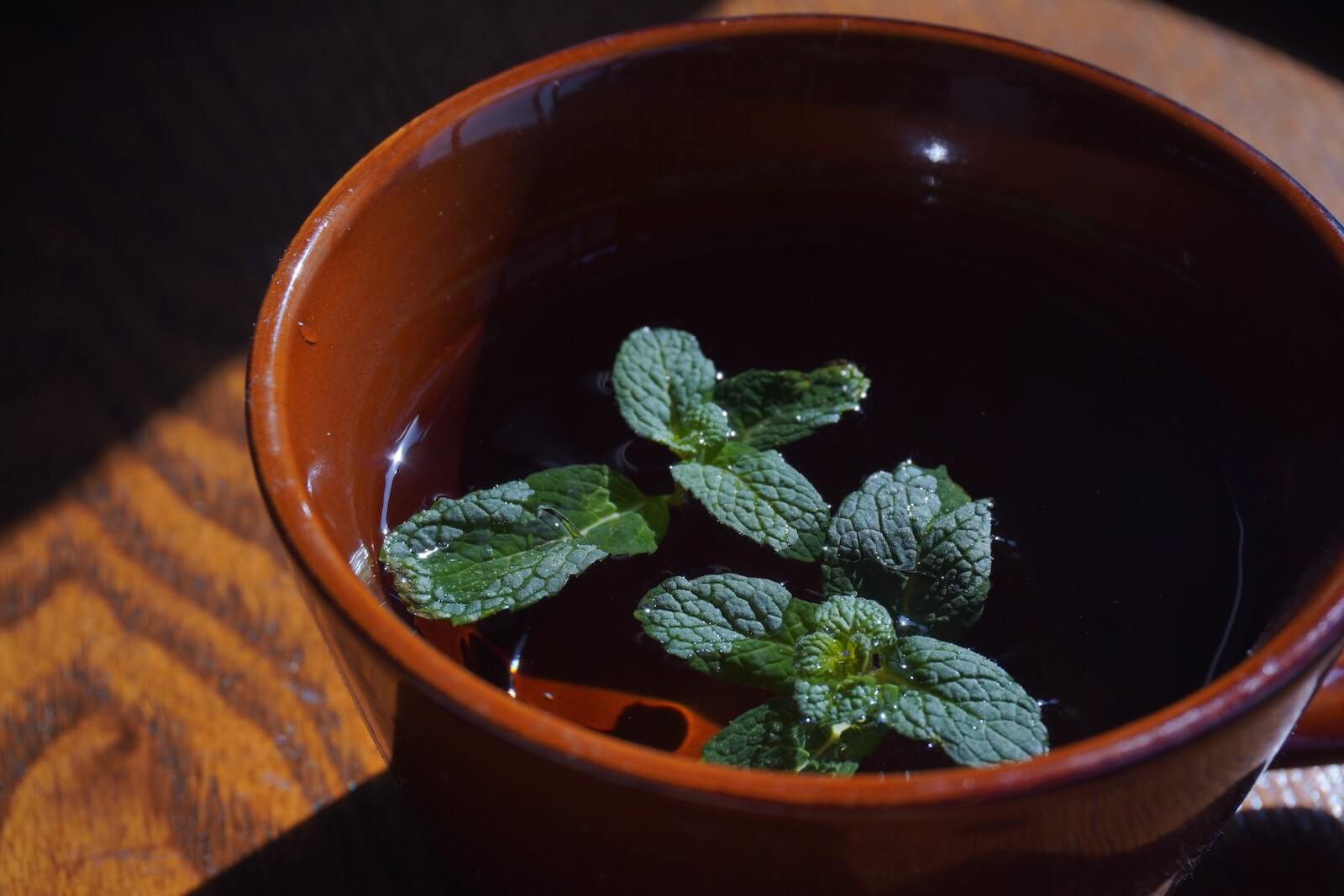
It is commonly believed that this part of the world does not favor this drink. This is a typical misconception. Tea is produced here. The only caveat is that it is not made in as large volumes as coffee or cocoa and is packaged so modestly that it is hard to notice on the colorful shelves. Gourmets know this and buy tea by weight to enjoy the rich drink.
Local tea contains no dyes, flavors, or preservatives and has a deep taste that rivals Ceylon tea. Four types of tea are sold: spicy, sharp, chocolate, and coffee.
“Sharp” can be considered a conditional term as there is no pepper in the brew, and the drink has a pleasant bitterness. Chocolate and coffee teas are equally interesting. They have, respectively, a cocoa or coffee flavor with a long pleasant aftertaste.
Rum
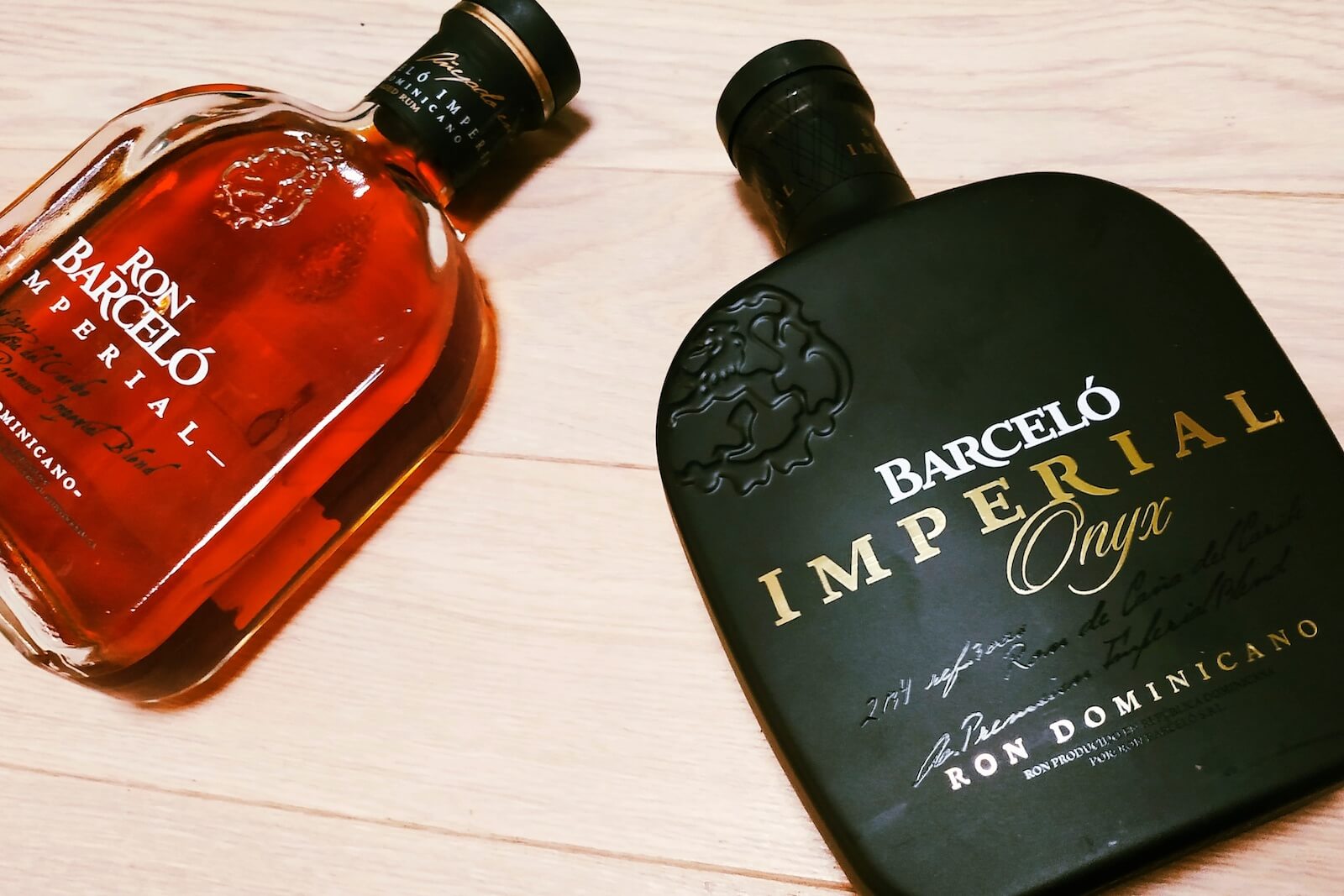
This souvenir can cause many problems due to customs regulations. According to current rules, no more than 1 liter of alcoholic beverage can cross the state border. An option is to buy local wines and rum-based cocktails with lower alcohol content.
However, tourists also face customs restrictions here: no more than 2 liters of less strong alcoholic beverages can be transported. Prices for rum and cognac depend on their aging. If you plan to buy a premium gift, choose a drink that is at least 10 years old. Dominicans achieve a very interesting flavor bouquet of rum by aging alcohol in expensive cognac or whiskey barrels.
The most popular among strong alcoholic beverages for tourists is “Barcelo Imperial.” Gourmets often call it the benchmark. However, drinks from the “Bermudez” and “Brugal” brands are also of excellent quality, and their prices are significantly lower.
Mamajuana
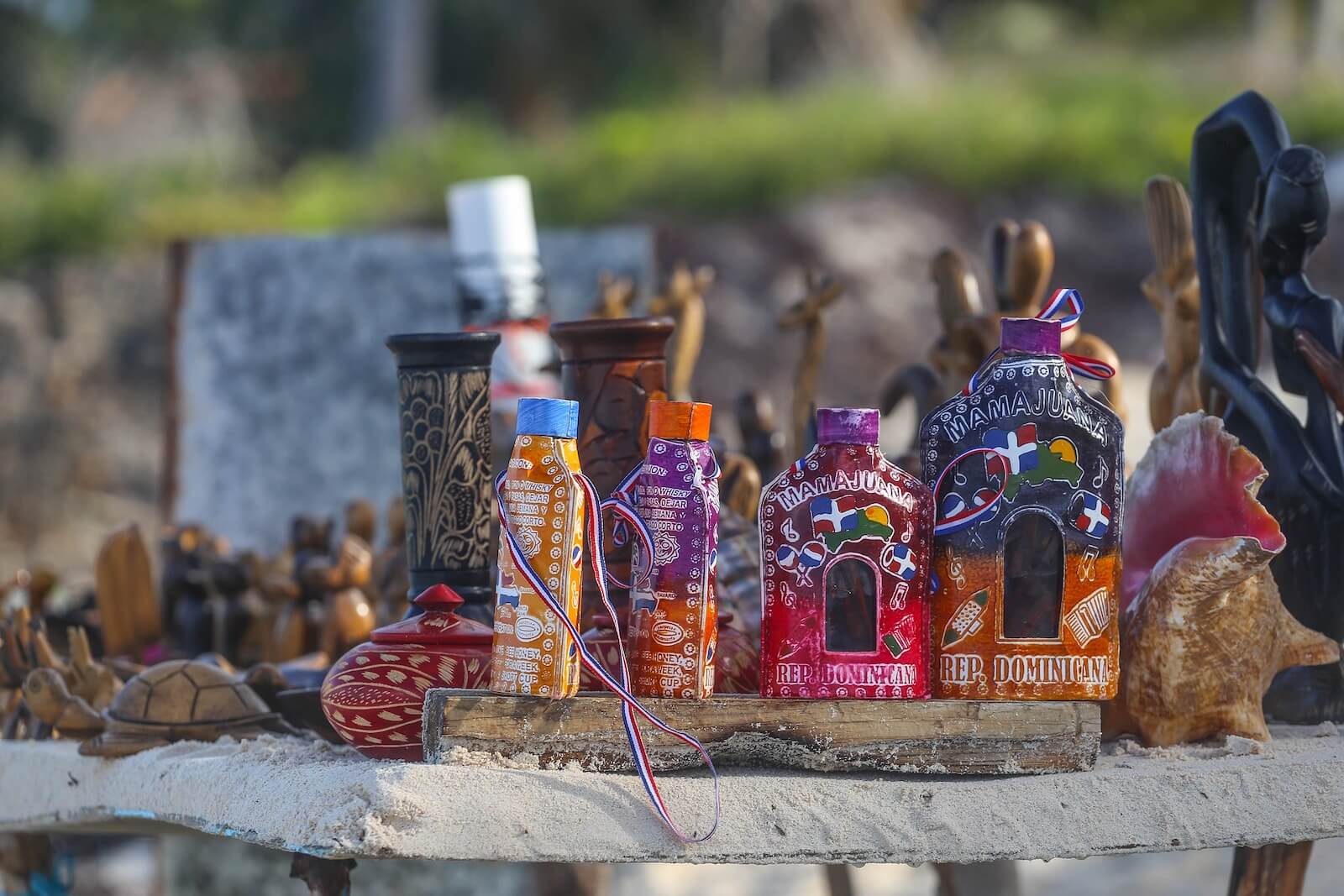
A very specific-tasting alcohol that travelers often confuse with morinda. But they are completely different fruits. Mamajuana is obtained from a local variety of papaya. This strong alcoholic tincture is adored by men, as it is a powerful sexual stimulant.
Real mamajuana is made with the addition of various medicinal herbs, hand-picked, which is why the price of the real drink is quite high. Moreover, spices are added, creating a unique bouquet of aromas and enhancing the effects of other natural components.
In such cases, there are two options: buy mamajuana in local shops or purchase a set of ingredients and prepare the aphrodisiac at home. Note: to make the alcoholic drink exactly like the Dominican one, you will need real quality cane sugar for its preparation.
Spices
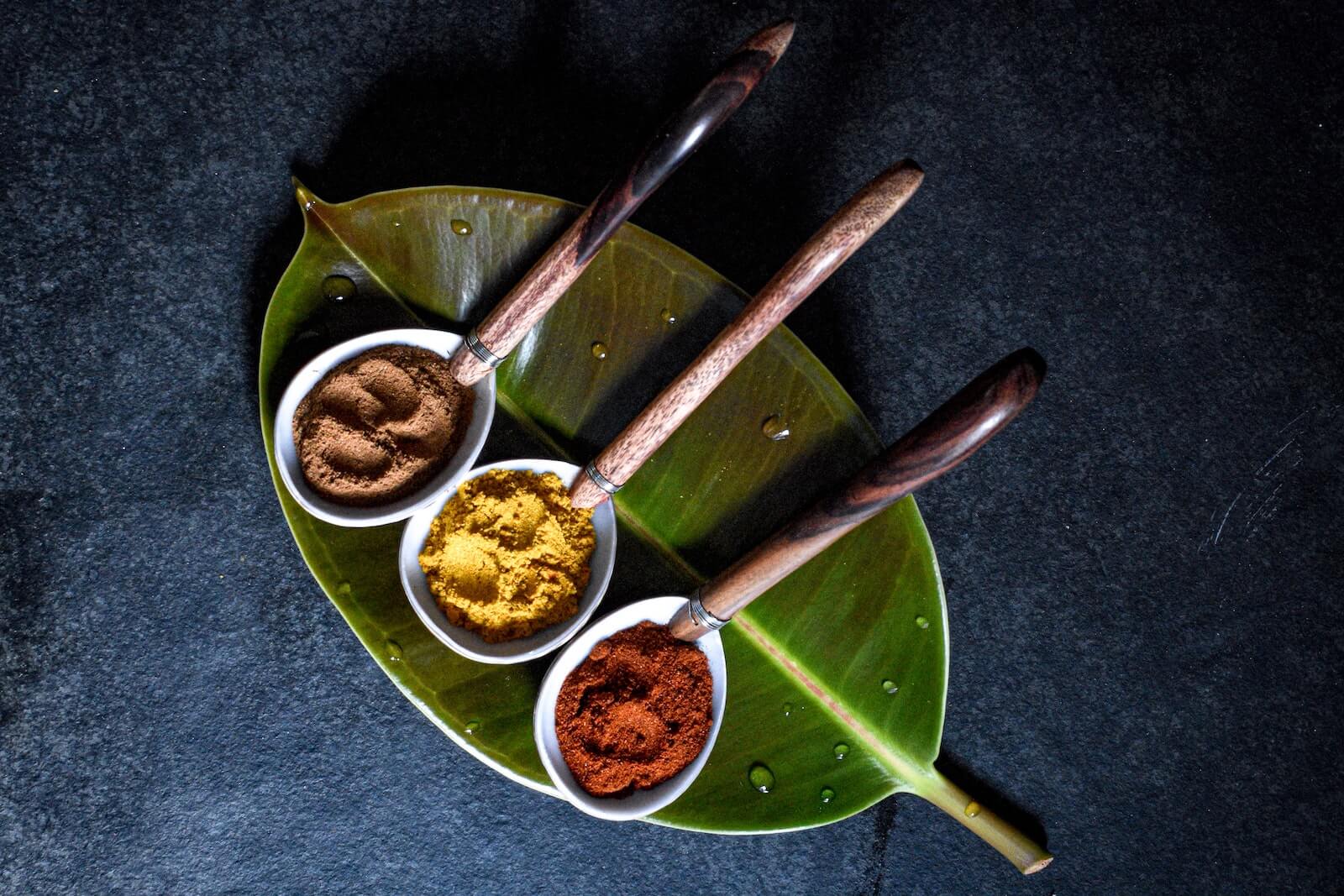
Food seasonings are called “bija” or “annatto.” Note: this refers to a product derived from a unique plant whose flowers and fruits impart a unique, appetizing flavor to any dish. Dominican spices are also natural colorants. They are added to various types of oils, cheese, and margarine.
If you add “annatto” to plain rice or fish, you get, without exaggeration, a real feast for the stomach. Planning to buy spice sets? Pay attention to “bija” mixed with garlic, coriander, cumin, and salt. This combination is used in folk medicine. This version of “annatto” is used to treat and prevent colds and inflammatory diseases.
In shopping centers, stores, and tiny shops, “bija” is sold in ready-ground form. Another nuance: the spice perfectly combines with familiar European products: olive oil, tomatoes, rice, potatoes, and various pasta.
Palm Oil
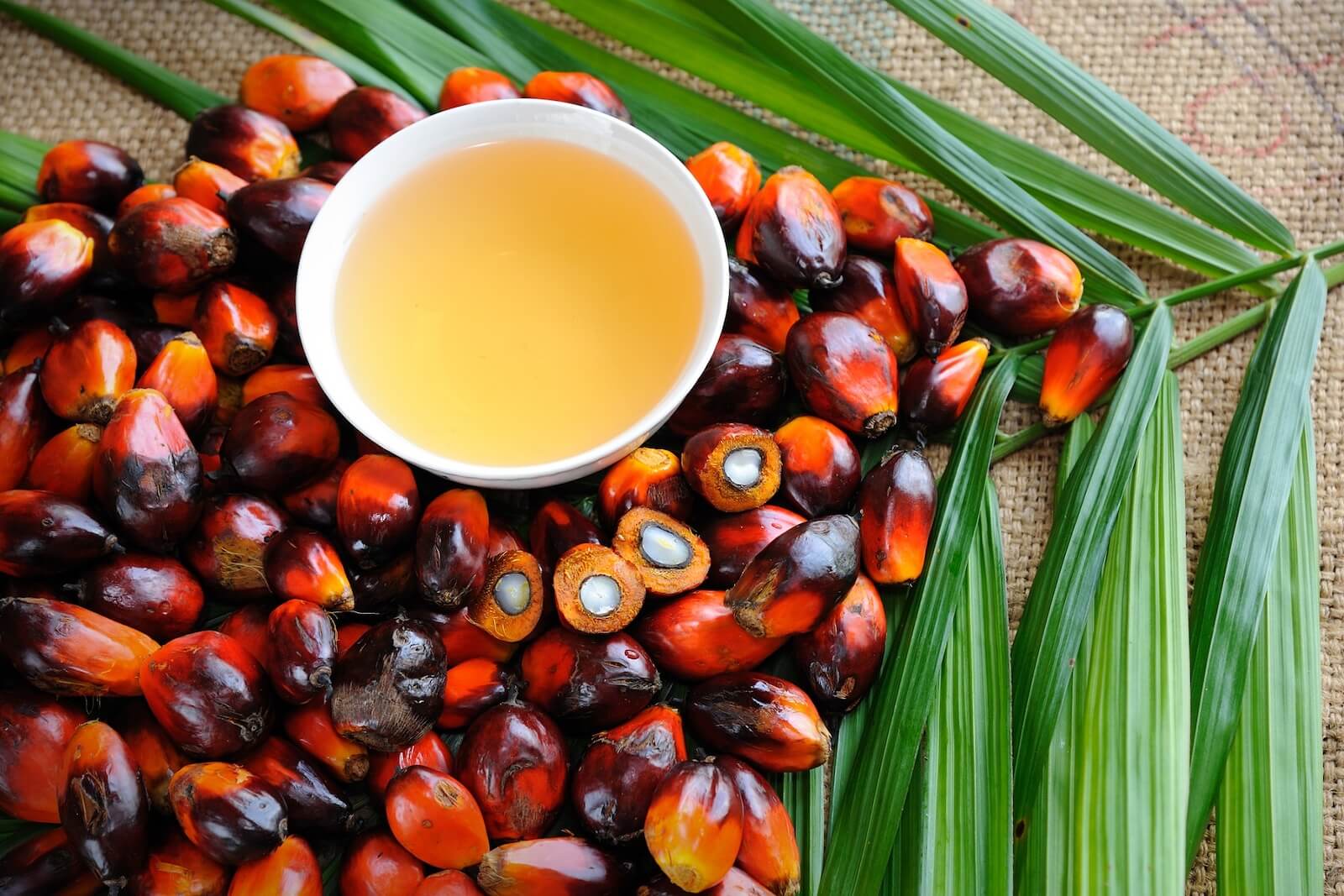
Such a gift will not leave indifferent a person who cares about their health, beauty, youthful skin, and impeccable hair. Real cold-pressed palm oil has nothing in common with the low-grade ingredient added in the post-Soviet countries to cosmetics, care products, chocolate, pastries, and various confectionery.
Real palm oil contains vitamins and trace elements that stimulate the body’s regenerative processes. Here’s another reason why Dominican palm oil is compared to gold by cosmetologists. Tourists often confuse this product with cocoa butter, but these products serve completely different purposes, although they have similar properties.
Fresh palm oil is easily distinguishable by its reddish tint. Consuming the product as food is risky because it is high-calorie and promotes obesity. However, for the skin, it is a panacea against wrinkles, dryness, and pigmentation spots.
Limé Doll
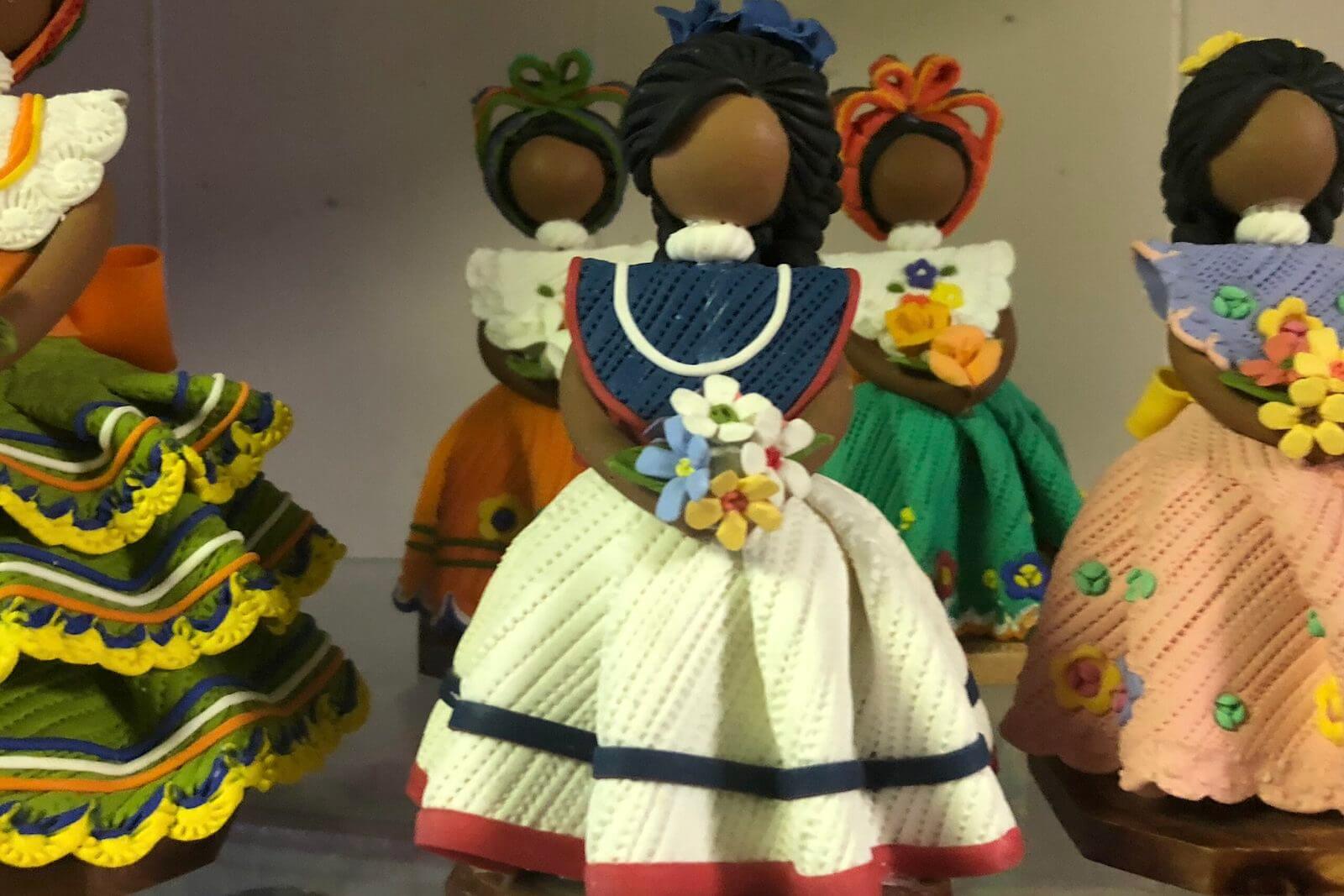
Often called “Lime” or “Lima,” this very unusual souvenir irresistibly captivates both children and adults and simultaneously symbolizes the Dominican Republic. The faceless doll intertwines so many traditions that it is hard to say to which nationality it belongs. This wonder was created in the state about 40 years ago. Limé symbolizes life, harvest, independence, and the beauty of the soul.
Nowadays, the doll is made of ceramics, but cornmeal (a symbol of prosperity) is still added to it. The cloth version of Limé (always dressed very elegantly in all its versions) is equally interesting. Tourists and locals alike believe that the doll has magical properties. It helps find a soulmate, true friends, and people who will value a person for their inner beauty rather than for appearance or wealth.
Paintings

There is something in the paintings of local artists from expressionism and Mediterranean style, yet their works are hard to compare with American or European analogs. Local masters can display even simple things so that you can look at the images for hours without getting tired. The cost of paintings is quite high, but this fact does not stop art lovers.
How to choose the ones that are perfect for gifts? It is best, of course, to be guided by the tastes of the recipients of the presents. It is important to know that still lifes, images of resorts, their natural attractions, and architectural monuments occupy a special place among the works of artists.
Particularly revered are images of ships, boats on calm waters, elegant female figures, and trees. According to local beliefs, they can bring happiness and prosperity to a home.
Cigars
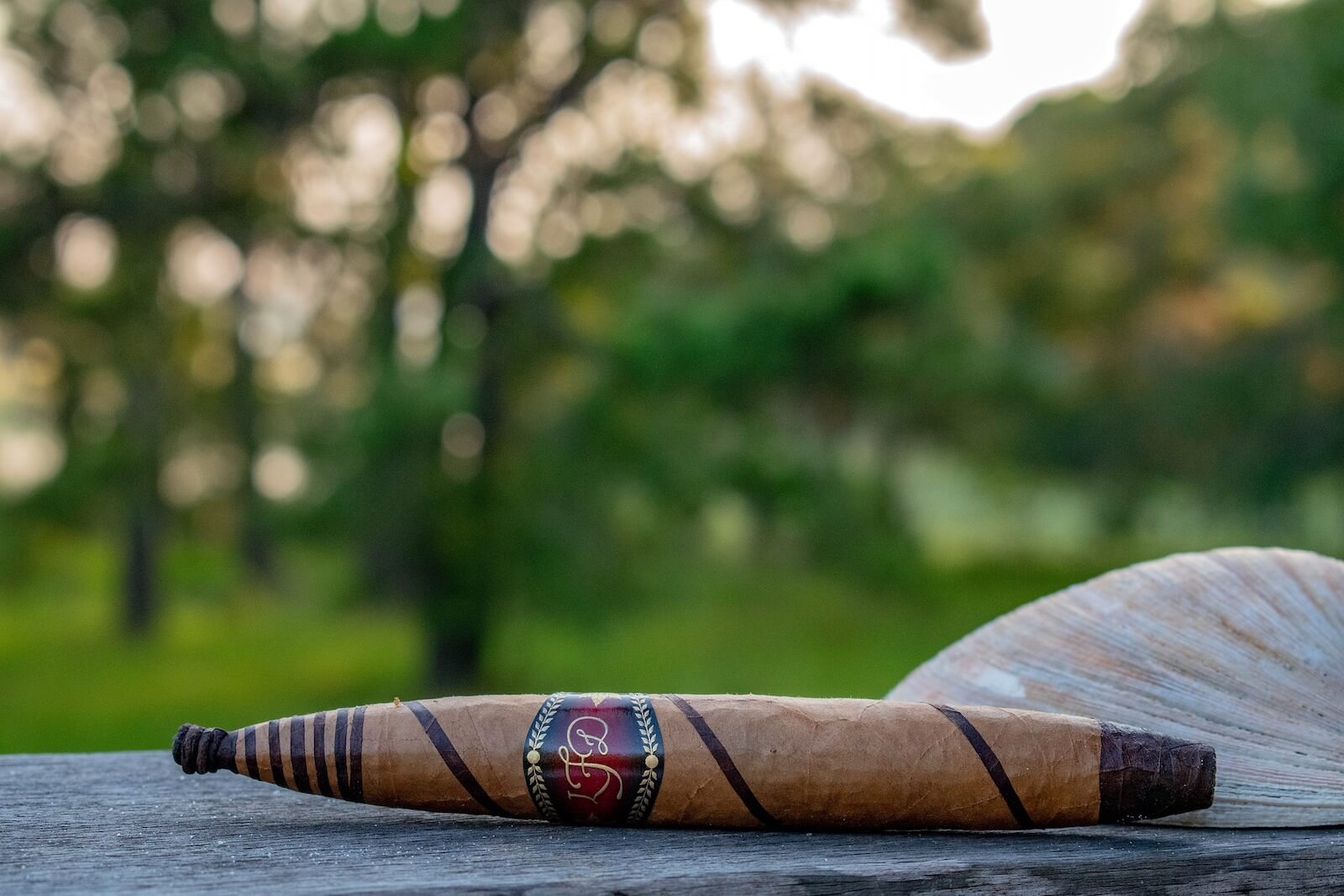
Local tobacco products are in demand in various parts of the world, so tourists are eager to buy them as gifts. Customs rules are very strict with such souvenirs. You can take no more than 50 cigars or 200 cigarettes out of the country, provided the latter are in standard packaging.
The choice of cigars, cigarettes, and cigarillos on the island is vast: they are produced by famous tobacco factories like La Aurora, Arturo Fuente, Juan Clemente, E.P. Carrillo, as well as tiny home workshops. The latter offer excellent quality products at moderate prices, precisely because large manufacturers, targeting wealthy tourists, offer products at inflated prices.
For a gift, it makes sense to buy cigars in beautiful original packaging. Loose tobacco is also sold (although you can’t take more than 250 g out). You can buy a stylish amber or other natural material tobacco box in a local souvenir shop. In such a case, the gift will be 100% original and authentic.
Note: by law and customs regulations, cigarillos and cigars are equivalent. However, the former differ from the latter. Cigarillos are tobacco products that contain flavorings. The cost of such products is significantly lower.
Carpets

Travelers often compare textile products made from natural materials to paintings. Local carpets are striking in color and excellent quality. They are handmade only. All items can be conditionally divided into two groups: colorful and monochromatic. The latter are quite common. Notably, the brighter the carpet, the higher its price.
They are not afraid of direct sunlight, are very soft, and wear-resistant. If you compare the cost of paintings and small carpets of the same size, the latter will be at least twice as expensive. Local masters use only natural ingredients as dyes, making the products hypoallergenic.
Regarding technology: it allows textiles to acquire a long soft pile by tying specially prepared pieces of fabric onto a base.
Larimar
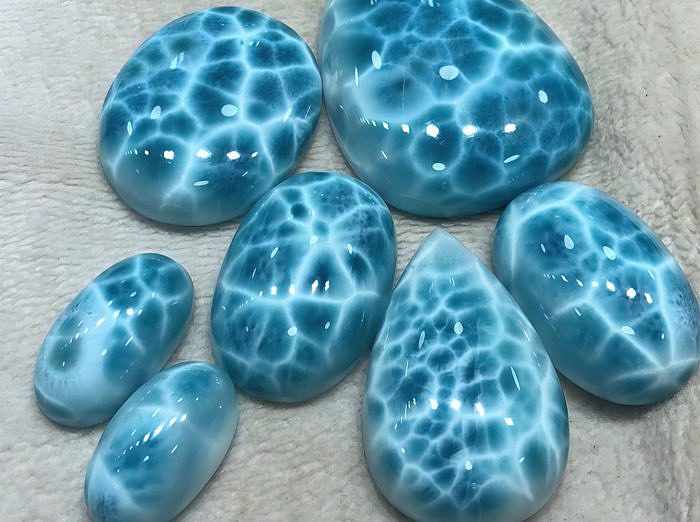
A natural stone with this name is called a “close relative” of turquoise, as it is similar in chemical composition. Larimar has positive energy. In lithotherapy, the mineral is used to treat CNS diseases, inflammations, and infectious pathologies. Larimar is used as a remedy for fractures, metabolic disorders, heart and lung diseases, and hypertension. Magicians consider the stone a reminder to humanity of the treasures of the lost Atlantis.
Locals also adhere to this version. Items made of larimar are believed to have the properties of relieving depression, selfishness, and aggression, and granting a person tolerance and a loyal attitude toward others. Larimar jewelry attracts personal and family happiness and serves well as home talismans.
Lithotherapy enthusiasts specifically come to the Dominican Republic to buy figurines and accessories made from real stones. Even with a modest budget, there is an opportunity to purchase exquisite jewelry or pieces of raw minerals.
Natural Cosmetics
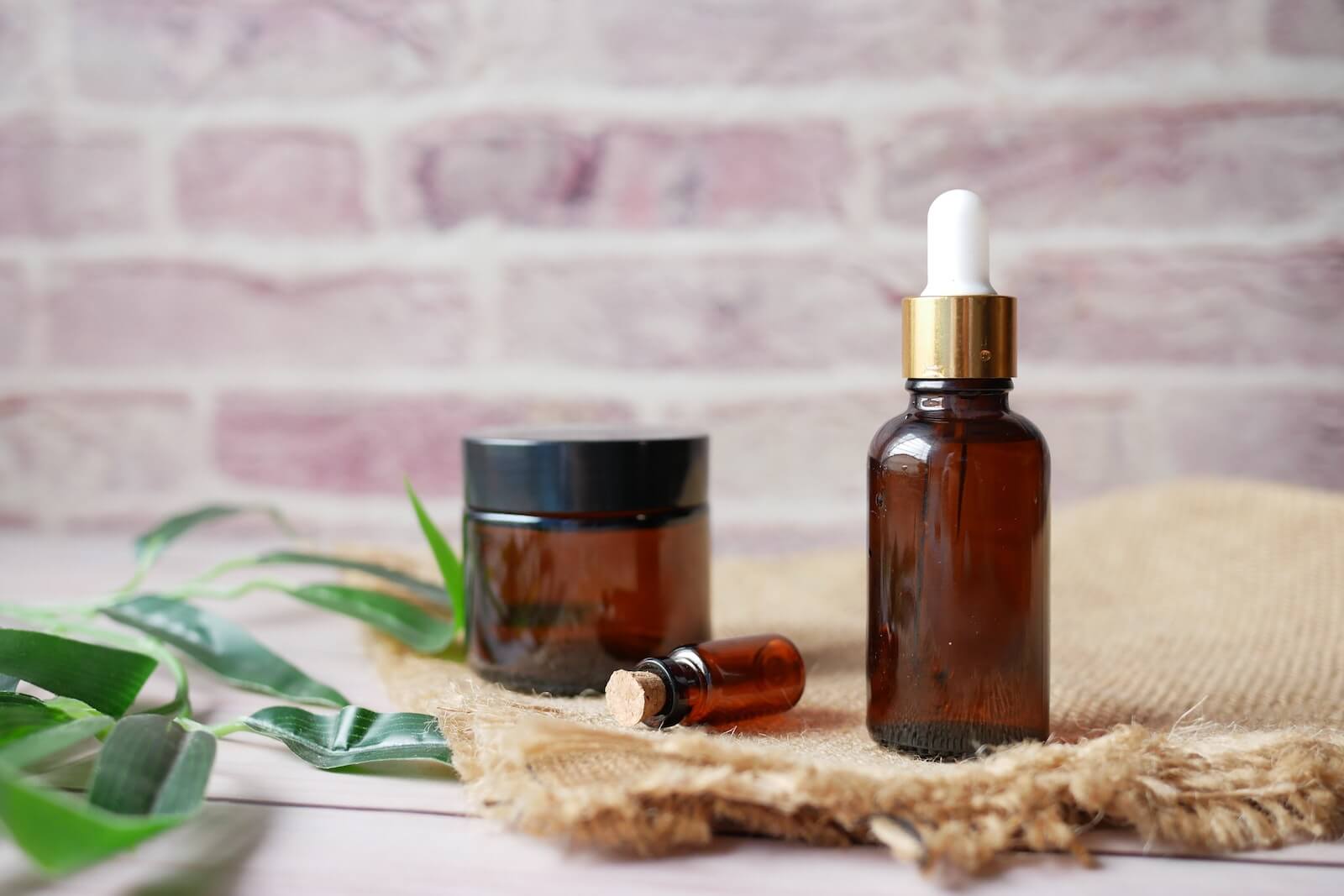
Shopaholics buy it by the suitcase, and experienced travelers grab healing ointments for various ailments while they’re at it. The most popular souvenir is body scrub. The Republic produces such products in gigantic quantities. All of them are of high quality and consist only of natural ingredients.
Scrubs differ from many European analogs with a pronounced rejuvenating effect. The composition usually includes sea salt, which destroys pathogenic microbes. Coffee and papaya are included in scrubs. Cane sugar is also often found among the components.
The country is famous worldwide for its shampoos, hair balms, and creams. The basis of such products is extracts derived from exotic fruits. Note: the highest quality products at pleasant prices can be bought not in stores or shopping centers, but in pharmacies.
Ointments
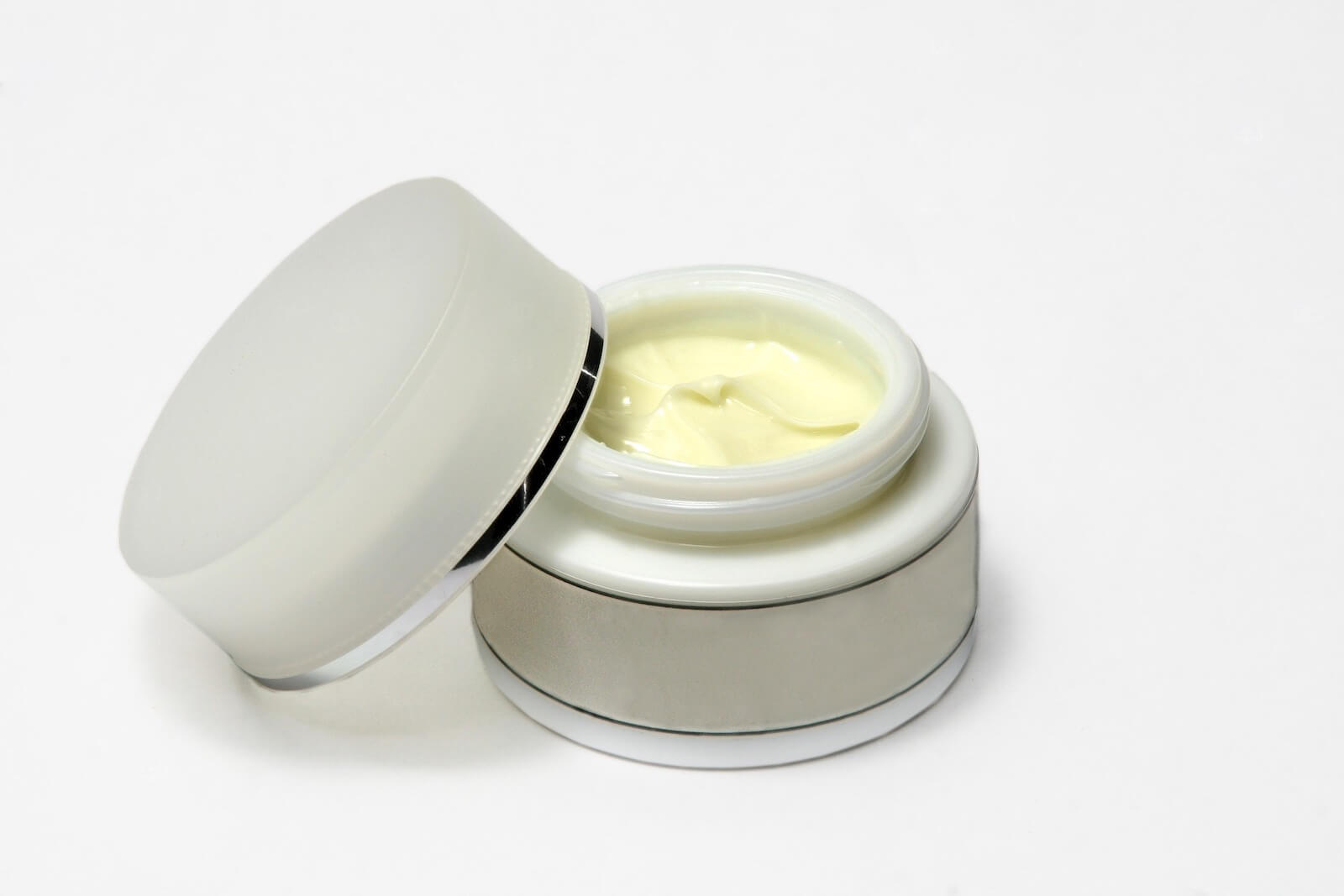
Experienced travelers buy local remedies where perfume is sold. For the state, it is quite common for medicines and perfumes to be on the same shelf. However, it is better for thrifty tourists to avoid hotel pharmacies: the products are excellent, but prices are at least 2-3 times higher than market prices.
Ointments can be great gifts for people suffering from joint diseases, ligament sprains, those whose work involves physical activity, and athletes (from amateurs to professionals). They have a pleasant aroma and a pronounced analgesic effect.
Many contain shark fat, which can activate regenerative processes. Additionally, beautifully packaged effective remedies against mosquitoes, midges, and other bloodsuckers are sold.
Shark Amulet
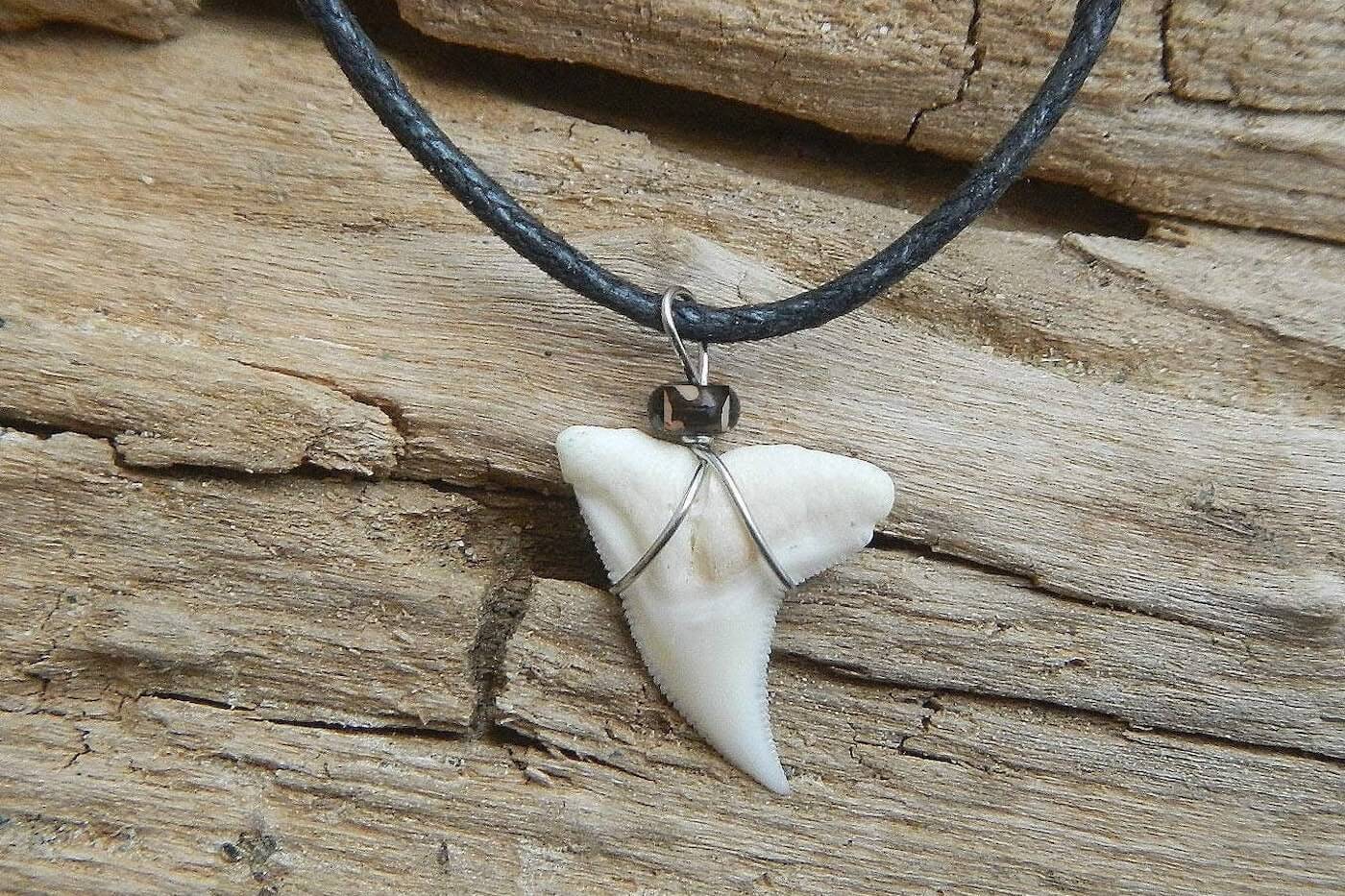
This gift is perfect for someone interested in esotericism and mysticism. Shark amulets are popular worldwide. Europeans know little about them, but the information available on the internet is enough to understand why these items are particularly valued. Amazing amulets give courage, agility, and inspire tackling complex tasks.
If a person suffers from timidity and inability to control situations, the wonder amulet will help acquire the necessary competencies. The shark amulet serves to protect energy. When properly activated, it brings luck in business life, helps build a career, and solve financial issues wisely.
The amulet can be used for healing practices. It is especially useful for people suffering from joint diseases and musculoskeletal disorders.
Amber

Another wealth of this amazing state. Different shades of yellow amber are hard to surprise someone with. However, black and dark green minerals, at a relatively low cost, are considered rarities by fans of natural material items. The country has vast reserves of amber in all sorts of colors and shades. Here, you can often see almost transparent minerals, prices for which in Europe are at least 20-30 times higher.
If you want to show special care for a loved one, choose jewelry with blue amber. The mineral is unique not only because of its unusual color. Blue amber harmoniously combines the energy of opposing elements: fire and water. It cures insomnia, drives away evil spirits, and treats vision. This solidified resin can cure dermatological diseases, chronic fatigue syndrome, and migraines.
Coconut Jewelry

These are real competitors to equally fashionable local coral jewelry. An important advantage of charms, amulets, and talismans made from this natural material is that they suit almost all zodiac signs. The secret of compatibility is simple: coconut, in its chemical composition (more specifically, its inner part), is closest to human blood.
It is not surprising that locals perceive coconut products as another folk remedy for 1001 ailments. Experienced travelers advise purchasing items made from coconut shells directly from local artisans (who make items following the necessary lunar phases).
If you buy jewelry in a large shopping center, there is a high likelihood that it will come from Thailand, India, or China. Another nuance: decorated with shell fragments, boxes, bracelets, rings, earrings, wall decorations, and other items have incredible durability and serve as talismans, protecting their owners from harm.
Wooden Products
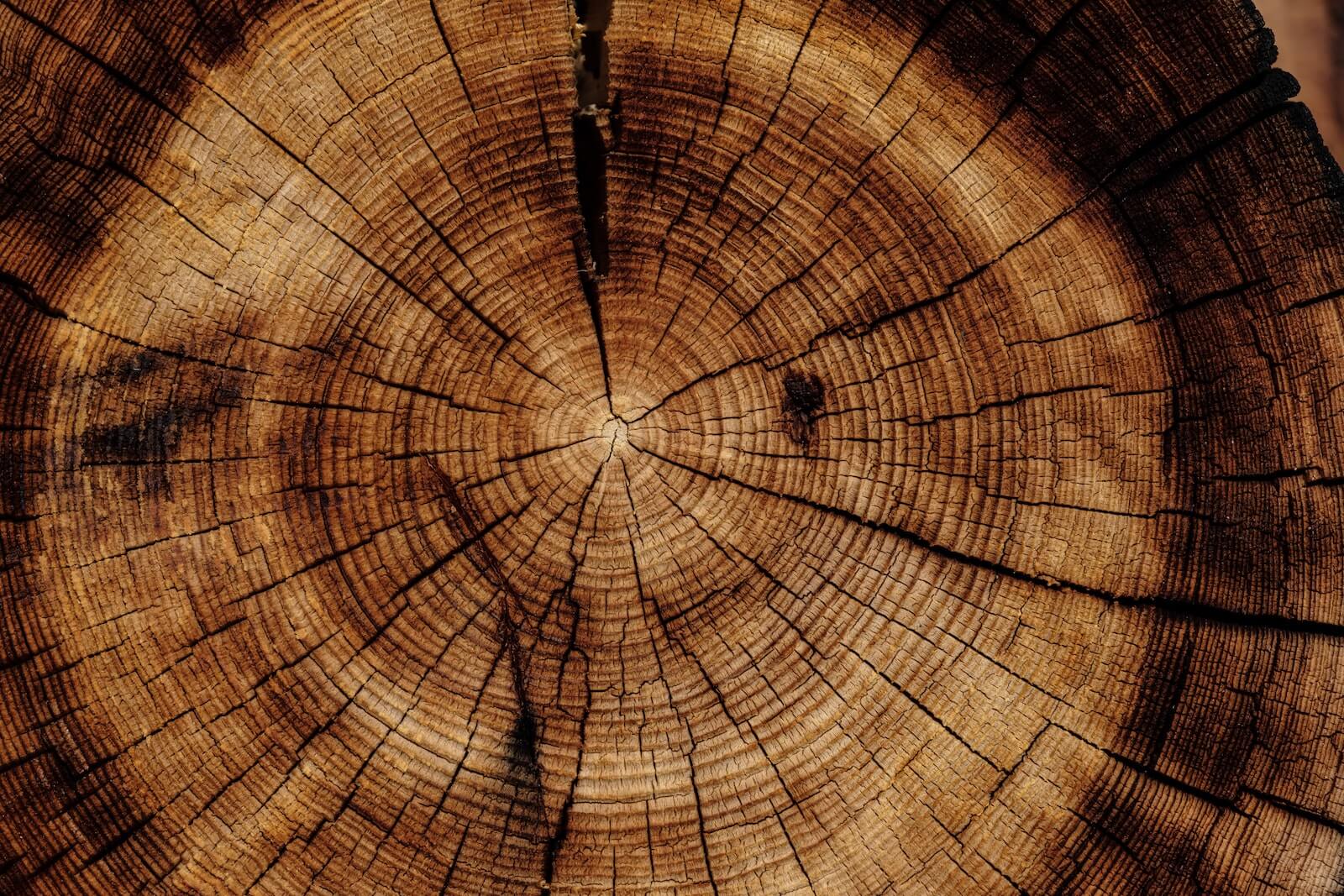
Items made from natural materials can be seen everywhere in the state. An important nuance: many tourists usually, without thinking, buy wooden masks or images of spirits, and then (upon returning home) begin to complain about discomfort in their apartment or house. To prevent this from happening to the gift recipients, clarify the purpose of the items with the sellers before purchasing.
For example: masks with aggressive energy to protect the home from intruders should be placed at the entrance, but not in rest rooms. Wooden souvenirs come in a variety of styles. Masters create decorative ornaments, household items, accessories, and jewelry using various techniques.
Among fans of local artisans’ creativity, animal figures, turtles, ships, women’s statuettes, and boxes are particularly popular. They can become universal gifts as they fit into almost any interior style.

